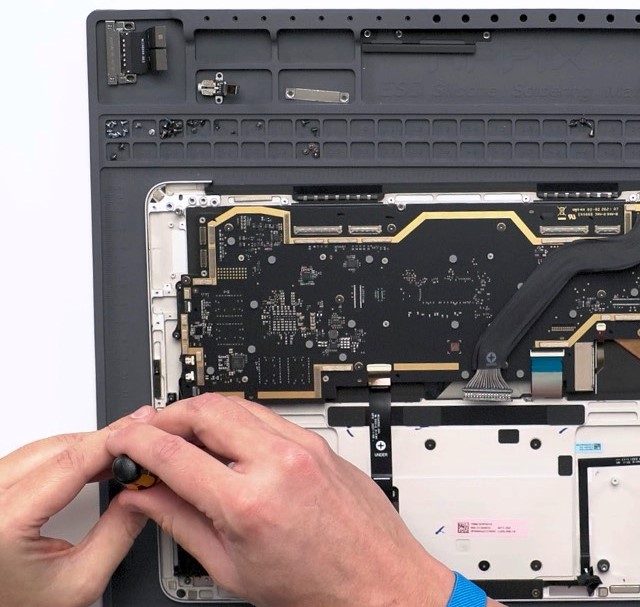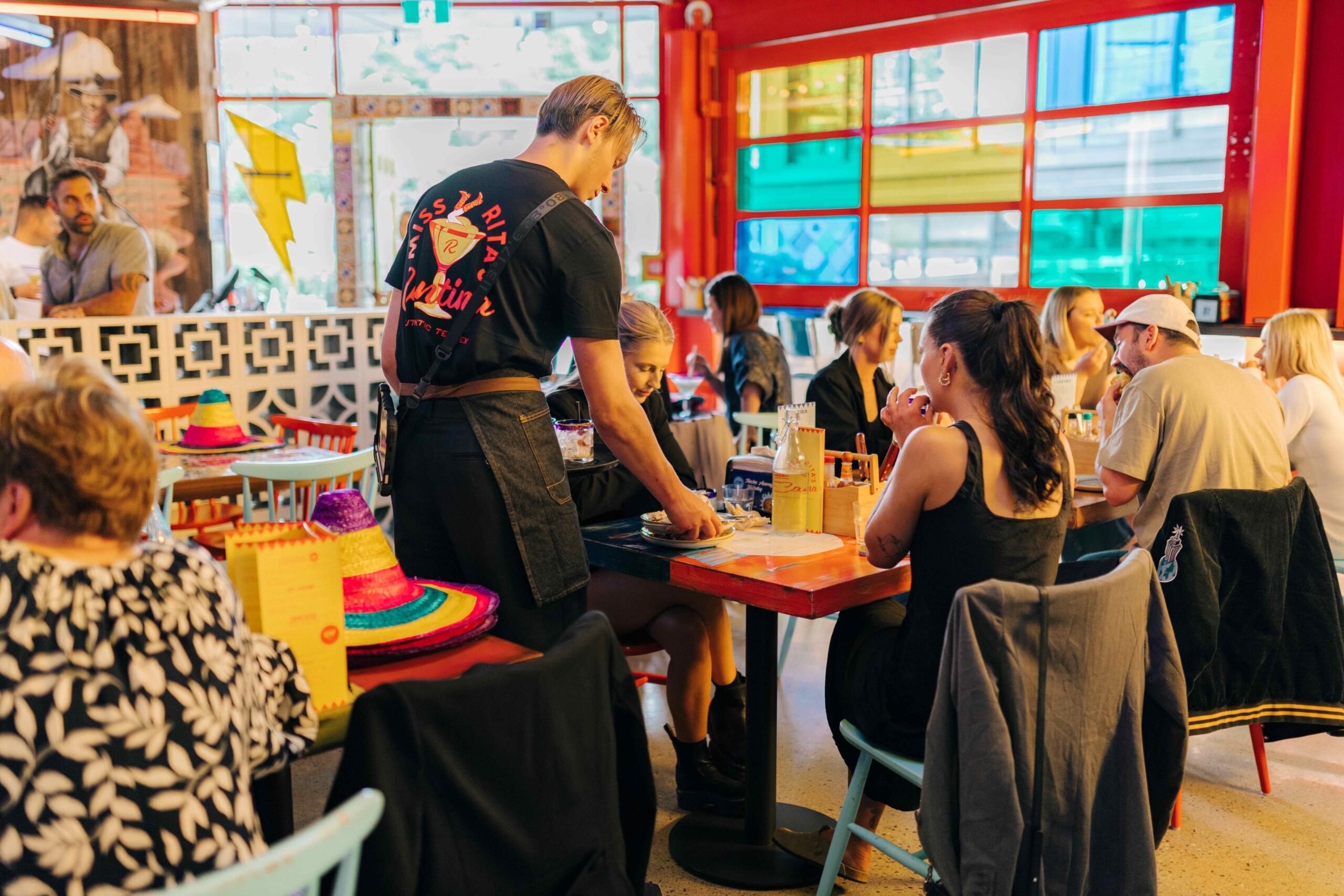Packed events calendar contributes to economy
Finalists for the NZ Events Association’s annual awards demonstrate the vibrance, success and diversity of fixtures which keep visitors coming back for more. Not only do these events show innovative […]
Finalists for the NZ Events Association’s annual awards demonstrate the vibrance, success and diversity of fixtures which keep visitors coming back for more.
Not only do these events show innovative thinking and creative execution, they are also a major contributor to our country’s economy, with a boost for the commercial, tourism, retail and hospitality sectors.
That much is clear in the numbers. For example, New Zealand Agricultural Fieldays® drew 312 business visitors from 42 countries. The Social Enterprise World Forum in Christchurch brought together more than 1,600 attendees from 28 nations. And the big one, tourism extravaganza TRENZ (pictured) pulled 1,500 delegates to Dunedin from 27 markets around the world and focused broadly on selling New Zealand’s $39.1-billion per annum industry.
Innovation, Creativity and Sustainability
There’s no end to the competition for people’s attention, time and wallets. As a result, event managers must deliver exciting and attractive features to pull the crowds.
Fieldays is one of the country’s oldest and most recognised continually running events, taking place each year in Mystery Creek, Hamilton. Over the years, the show has consistently grown in stature thanks to a focus on delivering what visitors want: the 50th anniversary edition had more than 1,000 exhibitors and drew a little more than 120,000 visitors.
In the entry for the NZEA Event Awards, Fieldays Marketing and Communications Manager Taryn Storey notes that whilst primarily an agri-business event, Fieldays’ enduring broad appeal is supported by multiple sub-events. These include Fieldays Innovations, the Education Hub, designed to promote agrarian careers and education, the Health and Wellbeing Hub which promotes health for rural people, and the Kitchen Theatre introduced for the first time in 2018 to showcase primary produce.
“The 50th event was celebrated with the theme the ‘future of farming’. Staying true to Fieldays original objectives of advancing agriculture through innovations, technology, education and internationalisation, Fieldays has remained focused on the vision that our forefathers envisioned of all those years ago,” says Storey.
Innovation extends to monitoring environmental impact, a major consideration for the agrarian show; Fieldays gained ISO 20121 Sustainable Event Compliance, with 39% of waste diverted from landfill, water usage down 6% and total carbon footprint down 19%.
Technology has its place, too: “By GPSing the site we were able to reduce the wait for exhibitors to have their site build signed off by events operations from 1-2 hours to 5 to 10 mins per site,” reveals Storey.
That’s one of the country’s biggest local events; another is TRENZ. It took a major focus on personalisation, says organiser Emily Byrne, with delegates, media representatives and exhibitors receiving tailored communications. This extended to the event itself: a ‘Mood of the Delegate’ feature in its event app polled people daily to gauge their experiences. Personal attention was further enhanced with including pop up registration desks, online video guides and technological improvements to the appointment system to drive convenience for meetings.
By contrast, the Social Enterprise World Forum (SEWF) was founded in Scotland in 2008. With its Christchurch visit in 2017, the event turned out to be the largest for the organisation yet. In terms of attendance, 29% of the 1,600 attendees were international visitors. Innovation saw a strong focus on digital platforms and online communication tools were maximised to facilitate further conversation, with 1,263 conference app profiles created and 9,172 app interactions.
It’s not just the large-scale events which are showing their innovation mettle. The launch of the Meo face mask, handled by Auckland agency Type 40 Events, saw Cordis Auckland’s Great Room transformed into downtown Beijing for 150 guests. Even more spectacularly, the smoke, pumping music, street food, lighting and 270 degree curved LED screen all smoothly transitioned to transport guests to the Southern Lakes of New Zealand, offering a full-sensory experience of the product and its features.
Innovation doesn’t just mean clever ways of hosting an event. It extends to bringing the world’s leading minds to New Zealand, something achieved by the NZTE’s Better by Design CEO Summit. By putting on stage Facebook’s Product Director Erick Tseng, Allbirds Founder Tim Brown and Airbnb’s Experience Design Manager Jenny Arden, 350 local business leaders enjoyed global insights.
Financial benefits
Innovation and creativity in events has the ultimate goal of drawing exhibitors and delegates alike. When these visitors come from out of town, or better yet, from out of the country, it means economic benefits for the host town and the country.
While smaller events are less likely to calculate these economic benefits, there are others which put a definite number to it. And that makes for interesting reading.
Last year, Fieldays was independently assessed by Dr Warren Hughes and Professor Frank Scrimgeour of the University of Waikato to determine the event’ economic impact. The learned gentlemen calculated a national benefit of $492-million and an accrual of $168-million for the Waikato region alone. Far from chump change – and the economic benefit is surely seen as an added bonus to Fieldays’ enjoyment which is part of every visit.
And Dunedin received a major boost by playing host to TRENZ: with delegates indicating an expectation of increased visitors to our country, the expectation is that tens of millions of new tourism business will be generated annually. Not all of that goes to Dunedin, of course – but the event organiser does anticipate in excess of a $10.37-million economic impact to the host region in the coming four years.
There’s little doubt that New Zealand’s events play a valuable economic role, drawing international visitors and wowing locals alike. And the New Zealand Events Association is pleased to highlight and acknowledge excellence in the field through its annual Event Awards.
To see a full list of finalists, visit: http://nzea.co/awards/Finalists/






